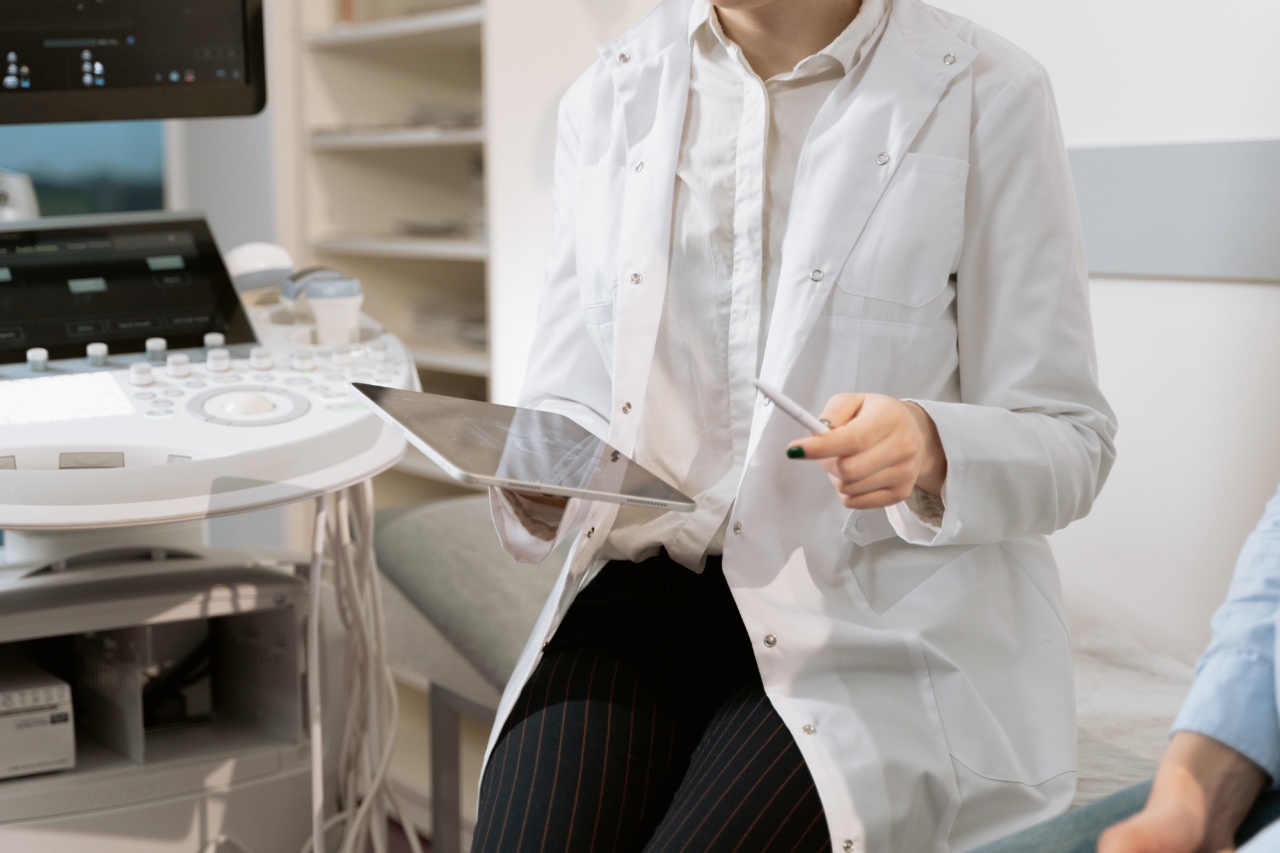Welcome to our comprehensive Women’s Health FAQ, specifically tailored to address common questions women may have about their gynecological health.
This informative guide covers a wide range of topics, from menstruation to contraceptive options and everything in between. Read on to find answers to some of the most frequently asked questions about women’s health and gynecology.
1. What is the purpose of visiting a gynecologist?
A gynecologist specializes in women’s reproductive health and provides essential care throughout different stages of life. They perform routine check-ups, screenings, and help manage any gynecological concerns or conditions you may have.
2. When should I schedule my first gynecological appointment?
It is recommended to schedule your first gynecological appointment between the ages of 13 and 15, or when you become sexually active, whichever comes first.
This initial visit usually involves discussing reproductive health, menstrual cycles, and addressing any concerns.
3. How often should I have a pelvic exam and Pap smear?
It is generally recommended to have a pelvic exam and Pap smear starting at the age of 21, or sooner if sexually active.
After the initial screening, most women should have a Pap smear every three years, until the age of 65, if the results remain normal.
4. What should I expect during a pelvic exam?
A pelvic exam involves an external and internal examination of the reproductive organs. Your gynecologist will visually inspect the external genitalia and then insert a speculum to examine the cervix and obtain samples if necessary.
It may be momentarily uncomfortable but should not be painful.
5. How can I manage menstrual cramps?
Menstrual cramps can be managed through various methods such as over-the-counter pain relievers, applying heat to the lower abdomen, engaging in regular physical activity, and trying relaxation techniques like deep breathing or yoga.
6. What birth control options are available to me?
There are numerous birth control options available, including hormonal methods like birth control pills, patches, implants, and intrauterine devices (IUDs). Non-hormonal options include condoms, diaphragms, and fertility awareness methods.
Talk to your gynecologist to find the best option for you based on your health and lifestyle.
7. Is it normal to experience irregular periods?
While some irregularities can be normal, consistent irregular periods could indicate an underlying health issue. Factors such as stress, certain medical conditions, or hormonal imbalances can cause irregular menstruation.
It is important to consult your gynecologist for a proper evaluation.
8. What can cause abnormal vaginal discharge?
Abnormal vaginal discharge can be caused by various factors, including yeast infections, bacterial vaginosis, sexually transmitted infections (STIs), hormonal changes, or even certain medications.
It is advisable to consult your gynecologist if you experience unusual changes in vaginal discharge.
9. How do I prevent urinary tract infections (UTIs)?
To prevent UTIs, it is recommended to drink plenty of water, urinate before and after sexual activity, avoid irritating feminine products, and maintain good hygiene practices. Additionally, cranberry products may help reduce the risk of recurrent UTIs.
10. How often should I get screened for sexually transmitted infections?
Sexually active individuals, especially those with multiple partners or engaging in high-risk behaviors, should get regularly screened for STIs. The frequency of testing may vary based on your sexual activity and preferences.
Consult your gynecologist to determine an appropriate screening schedule.






























